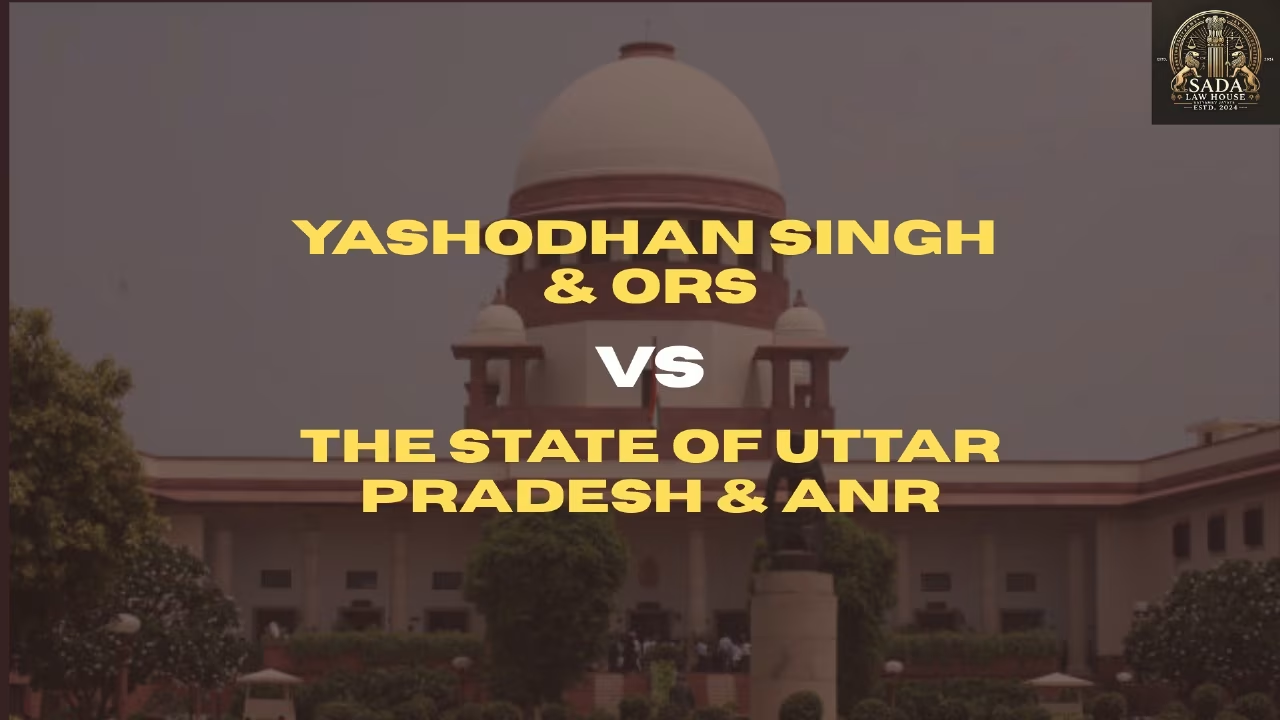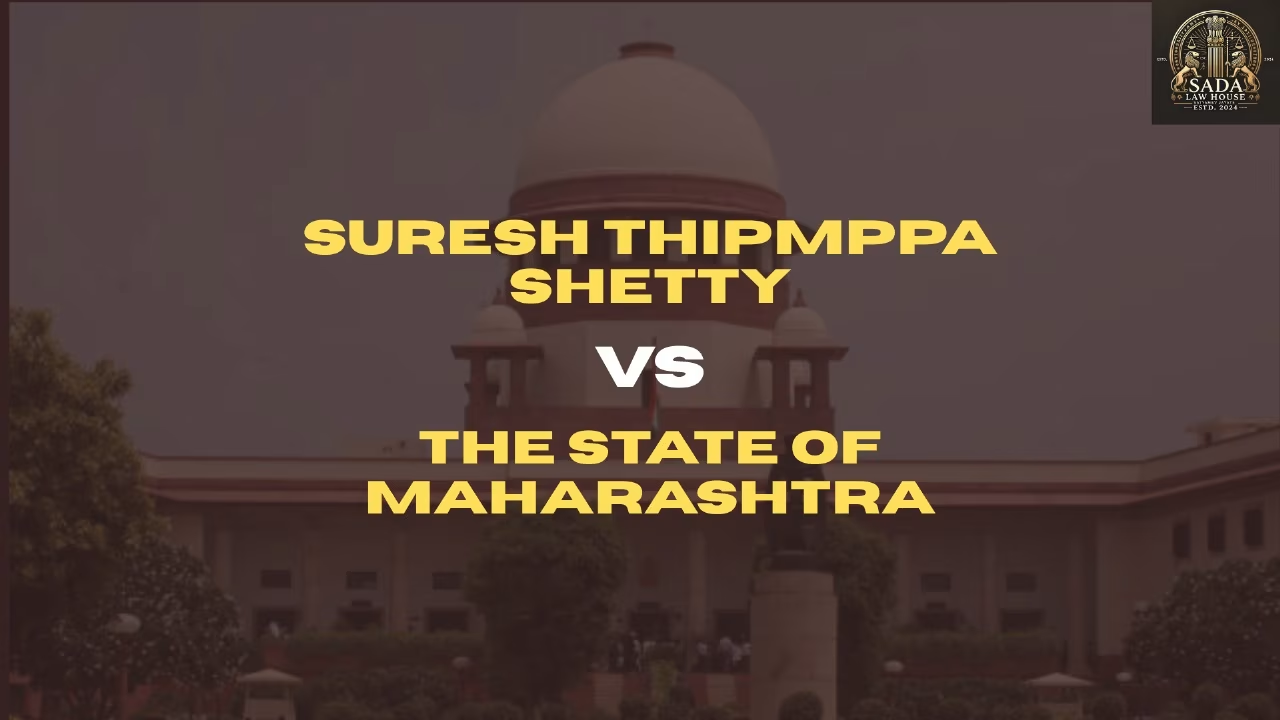Supreme Court Rules Unregistered Sale Agreement Cannot Confer Title Despite Later Registration
- Prabhat Kumar Biltoria
- 13 June 2025

The Supreme Court of India clarifies that an unregistered original sale agreement cannot grant valid property title even if a subsequent related document is registered. Learn about the key legal insights and implications for property owners.
Introduction: Supreme Court’s Landmark Ruling on Unregistered Sale Agreements
The Supreme Court of India recently delivered a crucial verdict regarding the validity of unregistered sale agreements and their effect on property ownership. The Court ruled that if the original sale agreement is not registered according to the Registration Act, 1908, registering a subsequent related instrument will not confer valid title to the property.
Background: Case Details and Legal Context
This case involved a dispute where the Respondent claimed ownership based on a sale agreement from 1982 that was never registered. Later, a related document was registered in 2006, and the Assistant Registrar attempted to validate the original agreement retroactively.
However, the Supreme Court bench, led by Justices Sudhanshu Dhulia and K Vinod Chandran, examined the facts and emphasized the importance of timely registration under the law.
Key Legal Provisions: Registration Act and Its Impact
The Court referred to critical sections of the Registration Act:
Section 23 mandates that documents must be registered within four months of execution.
Section 34 allows a possible four-month extension if a fine is paid.
The failure to register the original 1982 sale agreement within this period was a fundamental flaw that could not be remedied by later validation or registration of subsequent documents.
Supreme Court’s Verdict: No Title From Unregistered Original Agreement
Justice Chandran’s judgment clarified:
“The 1982 agreement, both the original and revalidated versions, cannot constitute a valid title simply because the subsequent instrument has been registered.”
This ruling overturned the High Court’s decision that had granted the Respondent protection against dispossession based on the unregistered sale agreement.
What This Means for Property Owners and Buyers
This decision underscores the importance of timely registration of sale agreements to ensure legal protection and valid property ownership. Property buyers and sellers must adhere to the Registration Act requirements to avoid disputes and safeguard their rights.
Conclusion: Protect Your Property Rights Through Proper Registration
The Supreme Court’s ruling serves as a critical reminder for all stakeholders in real estate transactions: the registration of sale agreements is essential for establishing valid title and protecting against future legal challenges. Always ensure compliance with the Registration Act to secure your property interests.
Case Laws






